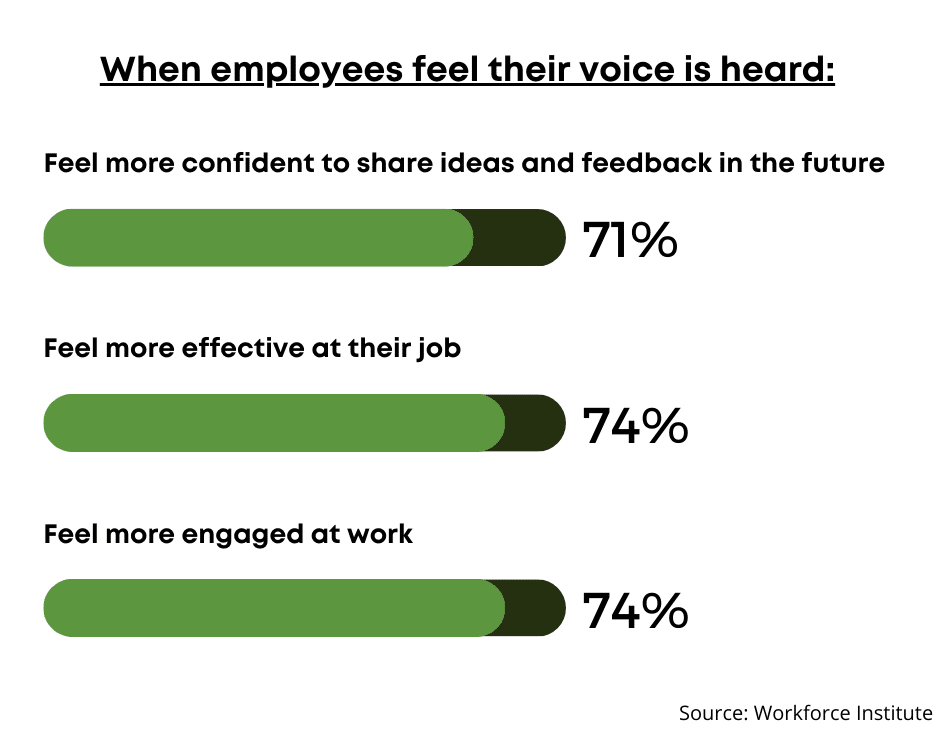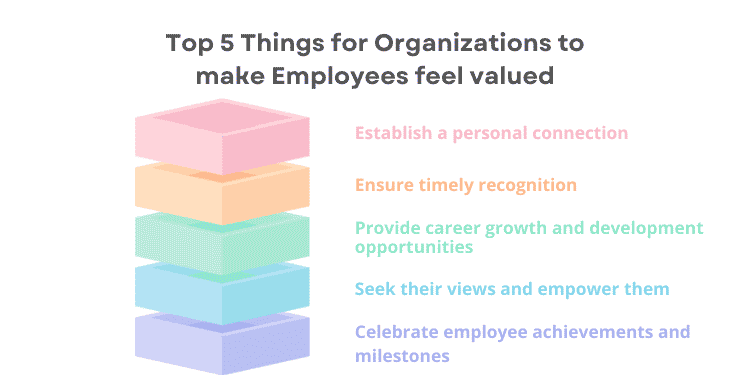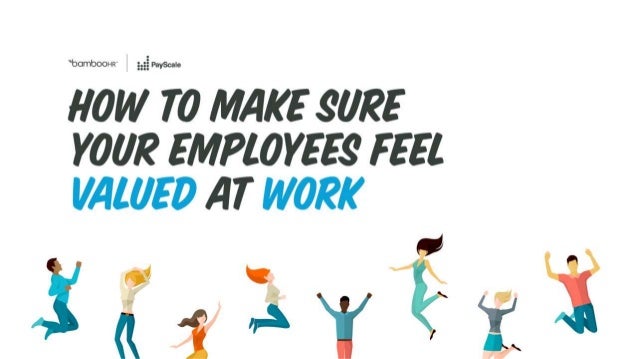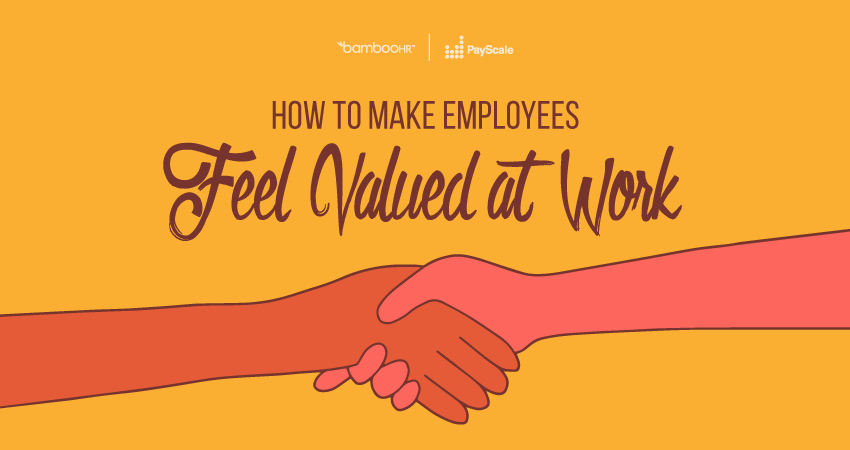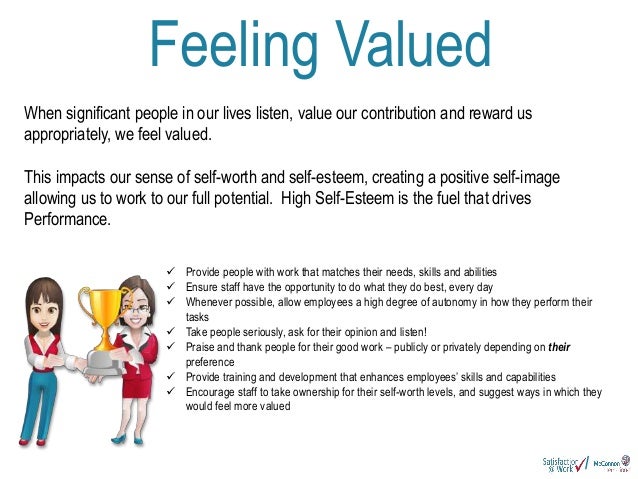Employees Feeling Valued In The Workplace

The aroma of freshly brewed coffee mingled with the quiet hum of keyboards. Sunlight streamed through the expansive windows of "Innovate Solutions," illuminating a collaborative space where employees gathered not just for work, but for a sense of belonging. Laughter echoed softly as a team celebrated a recent milestone, a tangible symbol of the value they found in their contributions.
At the heart of a thriving workplace lies a simple yet profound concept: employee appreciation. It's more than just a paycheck; it's about fostering an environment where individuals feel recognized, respected, and truly valued for their efforts, leading to increased productivity, improved morale, and reduced employee turnover.
The significance of feeling valued at work has deep roots in human psychology. Decades of research, including studies highlighted by the Society for Human Resource Management (SHRM), consistently demonstrate that employees who feel appreciated are more engaged, committed, and motivated.
When employees feel valued, they are more likely to go the extra mile, contributing innovative ideas and solutions. This sense of value cultivates a strong sense of psychological safety, encouraging individuals to take risks, voice opinions, and contribute fully to the team.
Gallup, in their extensive surveys of the American workforce, has identified recognition as a crucial driver of employee engagement. Acknowledging achievements, both big and small, reinforces positive behaviors and strengthens the bond between employees and the organization.
Companies like Innovate Solutions have implemented several initiatives to cultivate a culture of appreciation. Regular team-building activities, personalized thank-you notes from leadership, and opportunities for professional development are just a few examples.
Moreover, they have established a peer-to-peer recognition program where employees can nominate colleagues for outstanding contributions. This system not only highlights individual achievements but also fosters a sense of camaraderie and mutual respect within the workplace.
One employee, Sarah Chen, a project manager at Innovate Solutions, shared her experience: "Knowing that my contributions are valued makes me feel more invested in the company's success. The recognition I receive isn't just about praise; it's about feeling seen and understood as an individual."
However, the journey toward creating a culture of appreciation is not without its challenges. Authenticity is paramount, and genuine expressions of gratitude are far more impactful than generic gestures.
Furthermore, consistent communication and feedback are essential to ensure that employees feel consistently valued, not just during performance reviews or special occasions. Companies must also address underlying issues such as workload imbalances and lack of opportunities for growth, which can erode employees' sense of value.
Looking ahead, the trend towards prioritizing employee well-being and appreciation is only expected to grow. Organizations that invest in cultivating a culture of value will undoubtedly reap the rewards of a more engaged, productive, and loyal workforce.
Ultimately, feeling valued in the workplace is not a perk; it's a fundamental human need that drives motivation, innovation, and overall job satisfaction. When employees feel seen, heard, and appreciated, they are empowered to bring their best selves to work, creating a positive ripple effect that benefits individuals, teams, and the organization as a whole.

